KUOPIO, Finland: It is well established that coeliac disease can adversely affect oral health, yet the underlying mechanisms are not fully understood. A recent study has uncovered a connection between tooth enamel development disorders, commonly seen in patients with certain autoimmune diseases, and autoantibodies targeting proteins involved in the formation of tooth enamel.
With a prevalence of around 1% of the general population, coeliac disease is the most common genetically induced food intolerance in the world, according to the Celiac Disease Foundation. The prevalence among children is higher than in adults. Although initially it was reported from countries with predominantly Caucasian populations, it now has been reported from other parts of the world.
In addition to gastro-intestinal symptoms, one often overlooked aspect of coeliac disease is its impact on oral health. Previous research has established a link between coeliac disease and various oral health issues, including delayed tooth eruption, tooth enamel disorders and oral aphthae. These oral manifestations can serve as valuable indicators for early screening of the disease, making it important for dental professionals to be aware and refer their patients to a general practitioner for follow-up.
The international collaborative study involved researchers from the Czech Republic, Israel, Norway, Hungary and Finland. The University of Eastern Finland reported in a press release that the study included 48 adults and 21 children with coeliac disease, and 28 patients with autoimmune polyglandular syndrome type-1 (APS-1).
The small intestine protein transglutaminase 2 (TGM2) plays a key role in triggering coeliac disease by modifying a component of gluten in the diet. This modification prompts the immune system in coeliac patients to produce antibodies.
Up until now, it was believed that the oral manifestations in coeliac disease are primarily caused by malabsorption resulting from gut inflammation. However, the researchers found that the antibodies bind to the proteins which are responsible for tooth enamel formation, hence causing disorders. This is caused by tooth enamel proteins showing similar binding sites for antibodies as, for example, for the protein TGM2.
The study, titled “Autoimmune amelogenesis imperfecta in patients with APS-1 and coeliac disease”, was published online on 22 November 2023 in Nature, ahead of inclusion in an issue.
Tags:
HELSINKI, Finland: Researchers from the University of Helsinki and Aalto University in Finland have used the snowflake formation process as a way to explain...
CHICAGO, U.S.: Hydroxyapatite is an important component of hard tissue. Tooth enamel, for example, has the highest concentration of the mineral. Since ...
MANSFIELD, Conn., U.S.: In the hope of finding a better way to detect dental pain, a team of scientists at the University of Connecticut (UConn) is ...
LONDON, England: Periodontal treatment is known to trigger a short-term systemic inflammatory response, and the systemic effects of this have prompted ...
LEIPZIG, Germany: As cosmetic dentistry procedures have become less invasive and generally more affordable, their popularity has risen considerably. For ...
LOS ANGELES, U.S.: Researchers have recently examined shed primary teeth of children living near the Exide Technologies plant in Verona, California. Two ...
GREIFSWALD, Germany: Various studies have investigated the short-term oral health benefits of using an electric or a manual toothbrush. A recent study ...
According to current data, approximately ten million people in Germany have severe periodontitis. This condition leads to tooth extractions and loss of ...
EVANSTON, Ill., U.S.: Small doses of fluoride have been proven to promote oral health by strengthening tooth enamel and preventing dental caries. However, ...
BIRMINGHAM, England: Diabetes is one of the most common chronic conditions in Europe and is strongly associated with periodontitis. An estimated one in ...
Live webinar
Wed. 25 February 2026
11:00 am EST (New York)
Prof. Dr. Daniel Edelhoff
Live webinar
Wed. 25 February 2026
1:00 pm EST (New York)
Live webinar
Wed. 25 February 2026
8:00 pm EST (New York)
Live webinar
Tue. 3 March 2026
11:00 am EST (New York)
Dr. Omar Lugo Cirujano Maxilofacial
Live webinar
Tue. 3 March 2026
8:00 pm EST (New York)
Dr. Vasiliki Maseli DDS, MS, EdM
Live webinar
Wed. 4 March 2026
12:00 pm EST (New York)
Munther Sulieman LDS RCS (Eng) BDS (Lond) MSc PhD
Live webinar
Wed. 4 March 2026
1:00 pm EST (New York)



 Austria / Österreich
Austria / Österreich
 Bosnia and Herzegovina / Босна и Херцеговина
Bosnia and Herzegovina / Босна и Херцеговина
 Bulgaria / България
Bulgaria / България
 Croatia / Hrvatska
Croatia / Hrvatska
 Czech Republic & Slovakia / Česká republika & Slovensko
Czech Republic & Slovakia / Česká republika & Slovensko
 France / France
France / France
 Germany / Deutschland
Germany / Deutschland
 Greece / ΕΛΛΑΔΑ
Greece / ΕΛΛΑΔΑ
 Hungary / Hungary
Hungary / Hungary
 Italy / Italia
Italy / Italia
 Netherlands / Nederland
Netherlands / Nederland
 Nordic / Nordic
Nordic / Nordic
 Poland / Polska
Poland / Polska
 Portugal / Portugal
Portugal / Portugal
 Romania & Moldova / România & Moldova
Romania & Moldova / România & Moldova
 Slovenia / Slovenija
Slovenia / Slovenija
 Serbia & Montenegro / Србија и Црна Гора
Serbia & Montenegro / Србија и Црна Гора
 Spain / España
Spain / España
 Switzerland / Schweiz
Switzerland / Schweiz
 Turkey / Türkiye
Turkey / Türkiye
 UK & Ireland / UK & Ireland
UK & Ireland / UK & Ireland
 Brazil / Brasil
Brazil / Brasil
 Canada / Canada
Canada / Canada
 Latin America / Latinoamérica
Latin America / Latinoamérica
 USA / USA
USA / USA
 China / 中国
China / 中国
 India / भारत गणराज्य
India / भारत गणराज्य
 Pakistan / Pākistān
Pakistan / Pākistān
 Vietnam / Việt Nam
Vietnam / Việt Nam
 ASEAN / ASEAN
ASEAN / ASEAN
 Israel / מְדִינַת יִשְׂרָאֵל
Israel / מְדִינַת יִשְׂרָאֵל
 Algeria, Morocco & Tunisia / الجزائر والمغرب وتونس
Algeria, Morocco & Tunisia / الجزائر والمغرب وتونس
 Middle East / Middle East
Middle East / Middle East



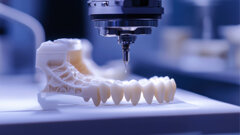
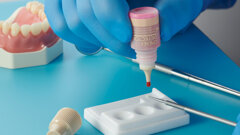
















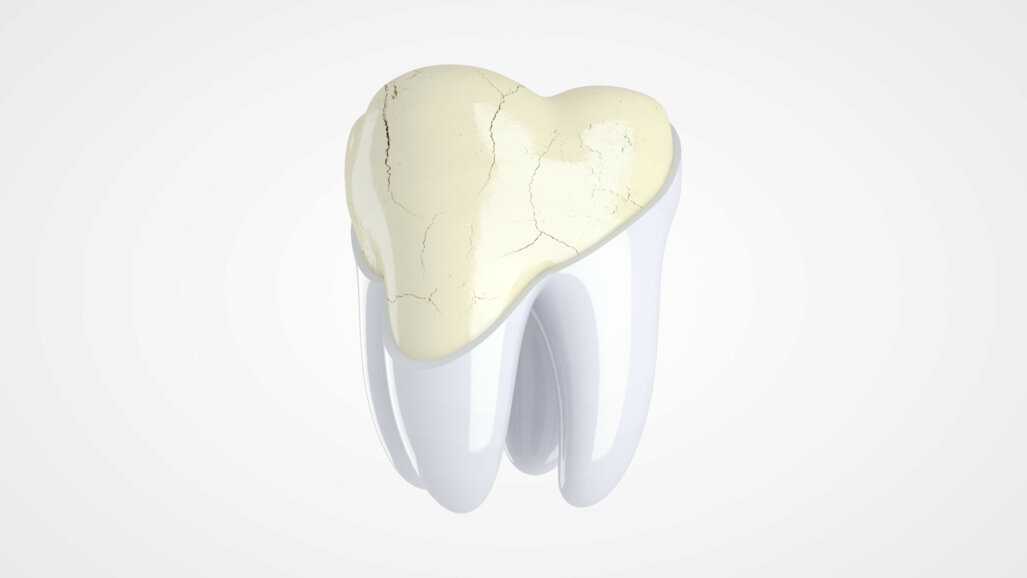



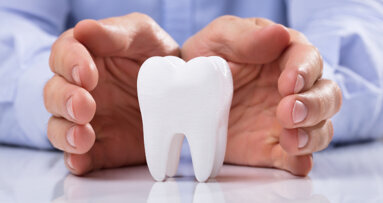

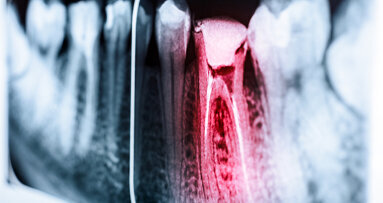




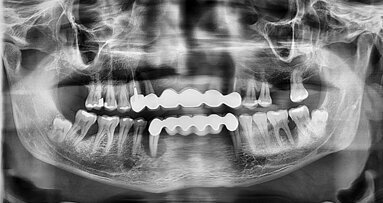
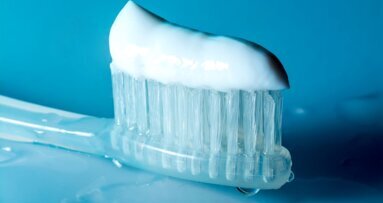










To post a reply please login or register